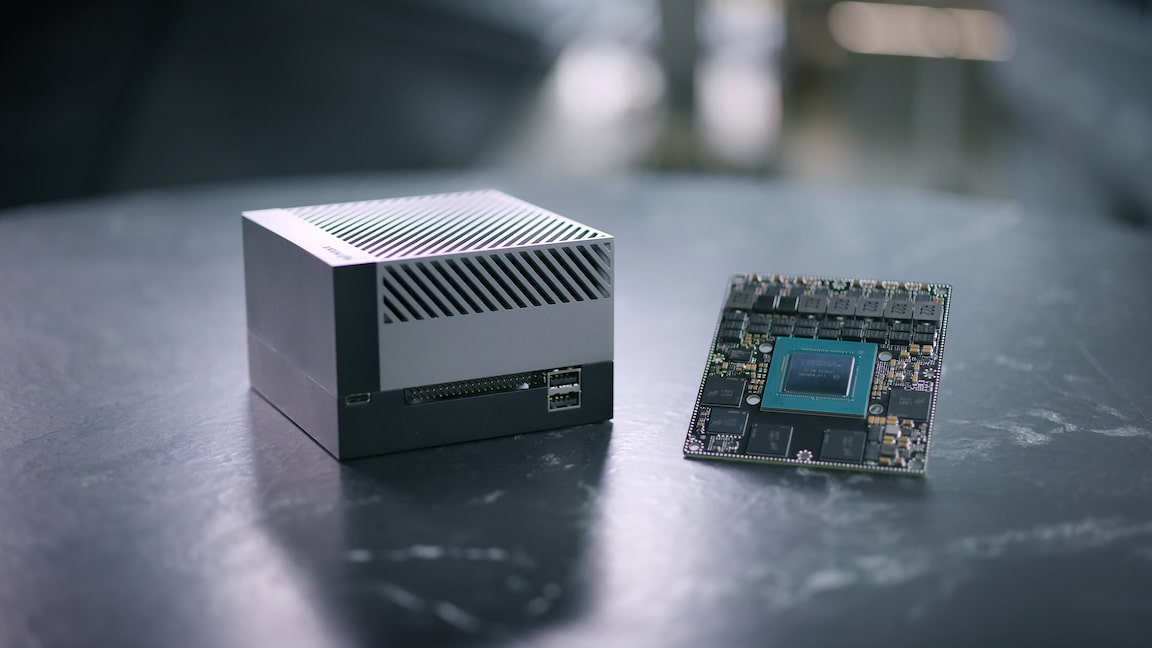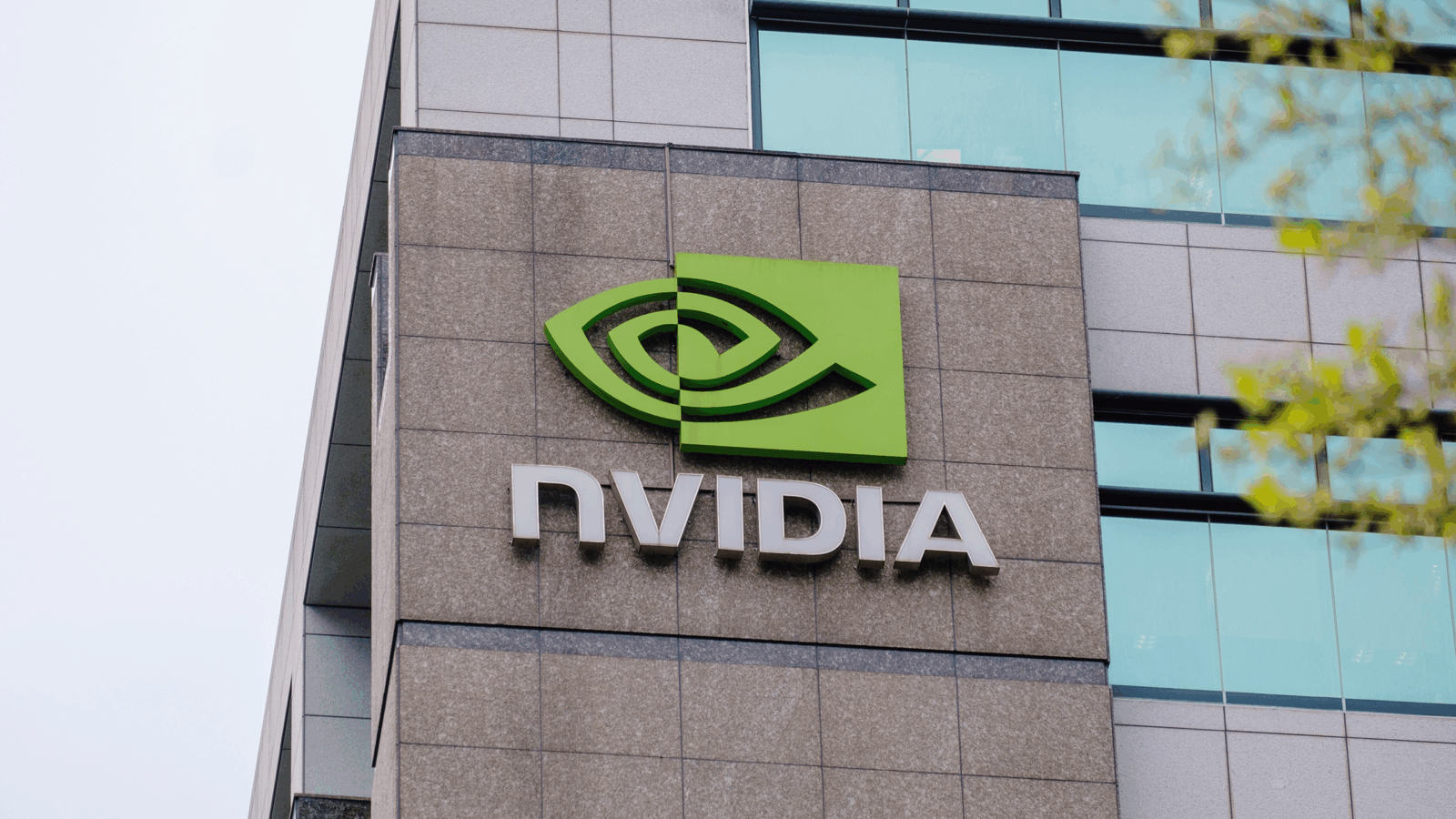
Sign up for smart news, insights, and analysis on the biggest financial stories of the day.
We have been living through the global semiconductor shortage for two years now. But new data shows the chip crunch — as it’s more deliciously known — may finally be easing. Not everyone, however, will be cracking open a celebratory bag of Doritos.
Washer Scavengers
According to Goldman Sachs, no fewer than 169 industries have felt the brunt of the global chip shortage. The big one, of course, is personal electronics, which account for 50% of global chip production and explain why it’s easier to get a table at Rao’s in New York City than a Playstation 5. The White House said in April that the crunch — caused by a one-two punch of demand for electronics and supply chain snarls, both a result of the pandemic — shaved 1% from US GDP last year, a $230 billion ding.
It’s called for some incredible cases of business ingenuity — Mike Juran, CEO of Altia, which builds software interfaces for appliances, said some companies started using 10-year-old chips sitting in warehouses “that weren’t cutting edge.” Peter Wennink, CEO of ASML, which builds machines that mint computer chips, said last month that he’s aware of an industrial conglomerate that bought washing machines just to rip the chips out of them for its own products.
Finally, though, there are signs the crisis is easing — not everyone will walk away a winner:
- The good news for almost everyone: days of inventory on hand in the semiconductor industry rose to 53 days in the first quarter of 2022, up from 42 days in Q4 2021, according to Credit Suisse. . That’s a huge win for people still in line for household appliances, cars, or game consoles that have been in short supply.
- Economies in East Asia, which controls some 75% of chip production, are in for a rough correction as demand for chips slows and becomes less stressed. It’s already started: smartphone shipments dropped 8.9% in the first quarter of this year and PC shipments 5.1%, according to data tracking firm IDC.
Not Quite There: “It’s better, it’s not perfect, but it’s better than last year,” Karin Radstrom, a board member at Daimler Truck, the world’s largest truck manufacturer, told Bloomberg, “I try to not celebrate too early, we’re still monitoring the situation closely.” Unless you got that PS5, keep the champagne on ice.











